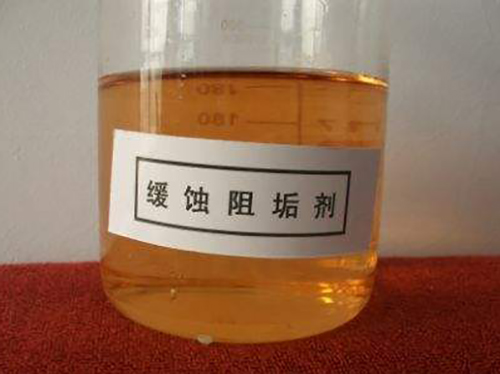Effective Solutions for Preventing Water Scale Buildup in Industrial Applications
Understanding Water Scale Inhibitors Their Importance and Functionality
Water scale is a common issue faced in various industries and household settings, resulting from the precipitation of minerals, primarily calcium and magnesium, in water. These minerals can accumulate on surfaces, leading to scale buildup in pipes, boilers, and other equipment, ultimately diminishing efficiency, increasing maintenance costs, and shortening the lifespan of appliances. To combat this problem, water scale inhibitors have emerged as an essential solution, playing a crucial role in water treatment processes.
What are Water Scale Inhibitors?
Water scale inhibitors are chemical compounds that prevent the formation and growth of scale in water systems. They work by disrupting the crystallization process of scale-forming minerals, ensuring they remain suspended in the water instead of adhering to surfaces. There are several types of scale inhibitors, including phosphonates, polyacrylates, and organophosphates, each tailored to specific applications and systems.
How Do They Work?
The primary mechanism of action for water scale inhibitors involves the alteration of the physical and chemical properties of scale-forming minerals. By binding to the surfaces of these minerals, inhibitors interfere with their ability to crystallize. As a result, the minerals are kept in a dispersed state, allowing them to be flushed away with the water flow rather than forming hard deposits.
In addition to preventing scale formation, some inhibitors also provide corrosion protection and can enhance the overall efficiency of water systems. For instance, in industrial settings, using the right scale inhibitor can result in significant cost savings by reducing the frequency of maintenance and cleaning procedures.
Applications of Water Scale Inhibitors
Water scale inhibitors find applications in various fields, including
water scale inhibitor

1. Industrial Water Systems In power plants, cooling towers, and industrial boilers, scale buildup can significantly hinder operational efficiency. Using these inhibitors is crucial for maintaining optimal performance and reducing downtime.
2. Residential Plumbing In household systems, scale inhibitors can be used in water softeners and filtration systems to prevent the buildup of limescale in pipes, faucets, and appliances such as dishwashers and water heaters.
3. Agricultural Practices In irrigation systems, scale inhibitors help maintain the efficiency of water delivery systems, ensuring that crops receive adequate hydration without water flow restrictions caused by scale deposits.
4. Oil and Gas Industry In hydraulic fracturing and other processes, scale inhibitors are essential for preventing scale formation in pipes and equipment, ensuring smooth operation and enhanced recovery rates.
Benefits of Using Water Scale Inhibitors
- Improved Efficiency By preventing scale buildup, water systems operate more efficiently, reducing energy consumption and operational costs. - Extended Equipment Life Regular use of scale inhibitors can prolong the life of equipment, reducing the need for costly repairs and replacements. - Reduced Maintenance With less scale buildup, the frequency and intensity of maintenance required for water systems are significantly minimized.
Conclusion
Water scale inhibitors are crucial for mitigating the negative effects of scale formation in various environments. Their ability to maintain system efficiency, reduce maintenance costs, and prolong equipment life makes them invaluable across numerous industries. As technology advances, the development of more effective and environmentally friendly scale inhibitors will continue to enhance their application, ensuring cleaner and more efficient water management processes. By understanding and implementing these chemical solutions, individuals and industries alike can tackle their scale-related challenges effectively.
-
Water Treatment with Flocculant Water TreatmentNewsJun.12,2025
-
Polymaleic AnhydrideNewsJun.12,2025
-
Polyaspartic AcidNewsJun.12,2025
-
Enhance Industrial Processes with IsothiazolinonesNewsJun.12,2025
-
Enhance Industrial Processes with PBTCA SolutionsNewsJun.12,2025
-
Dodecyldimethylbenzylammonium Chloride SolutionsNewsJun.12,2025





